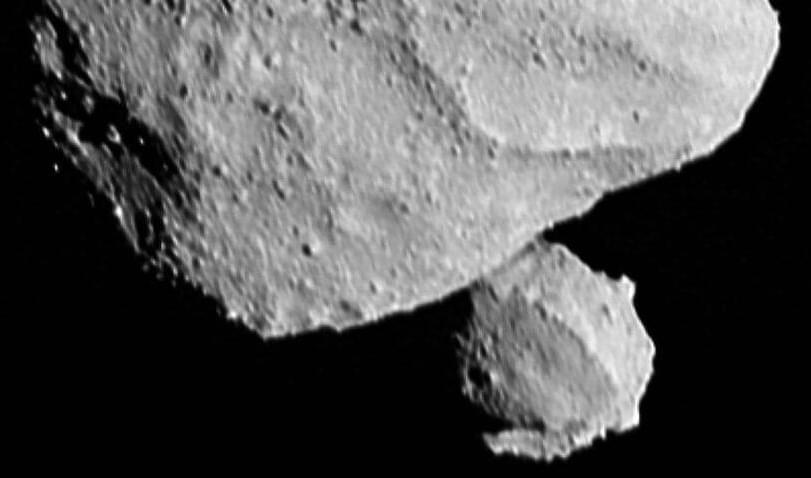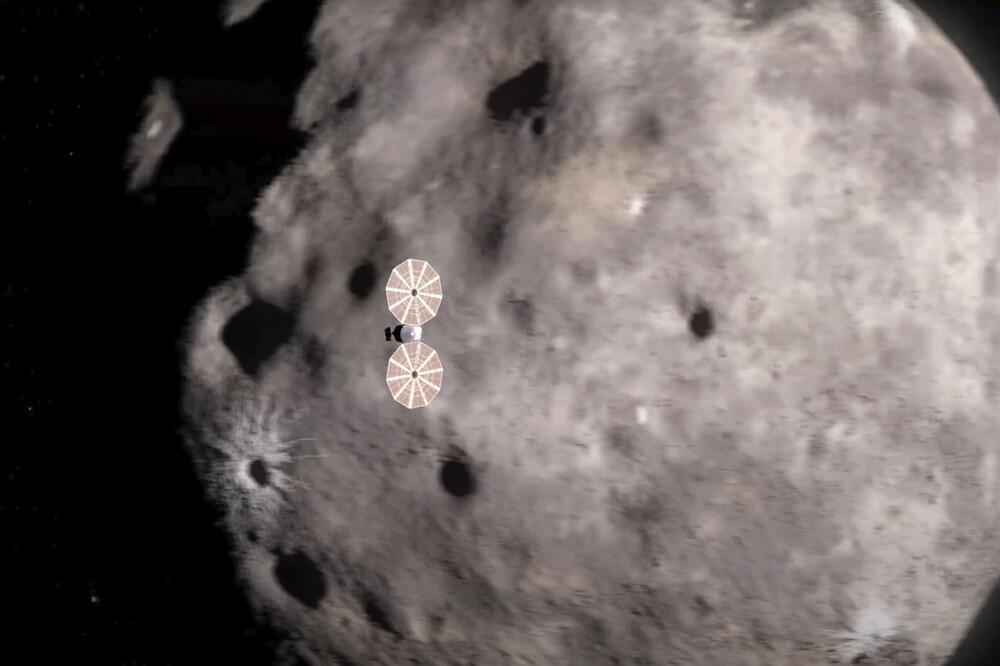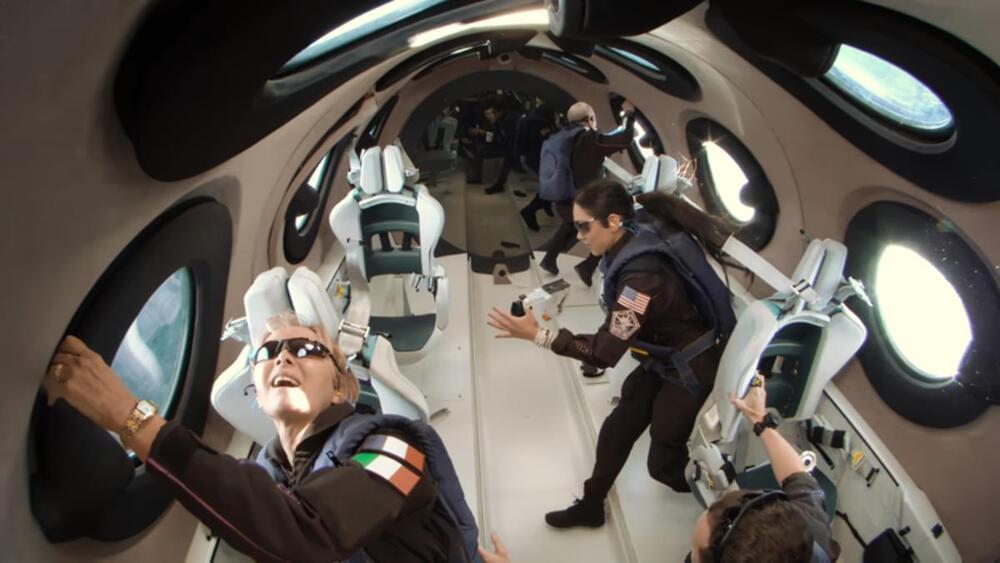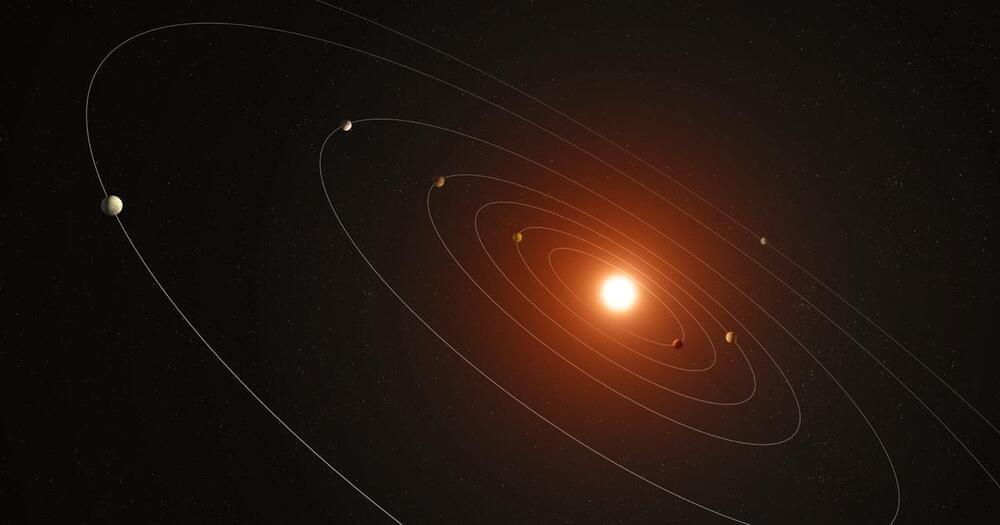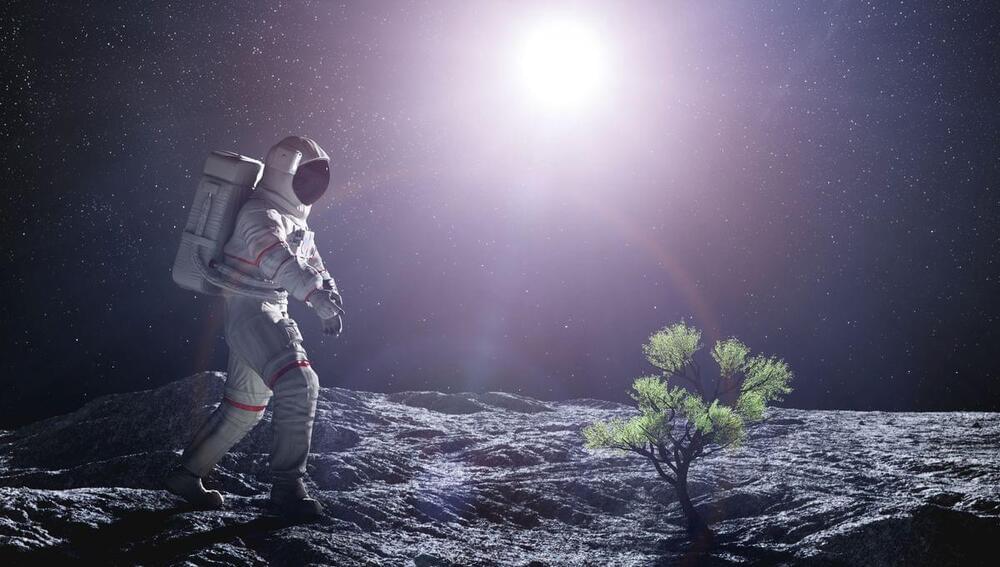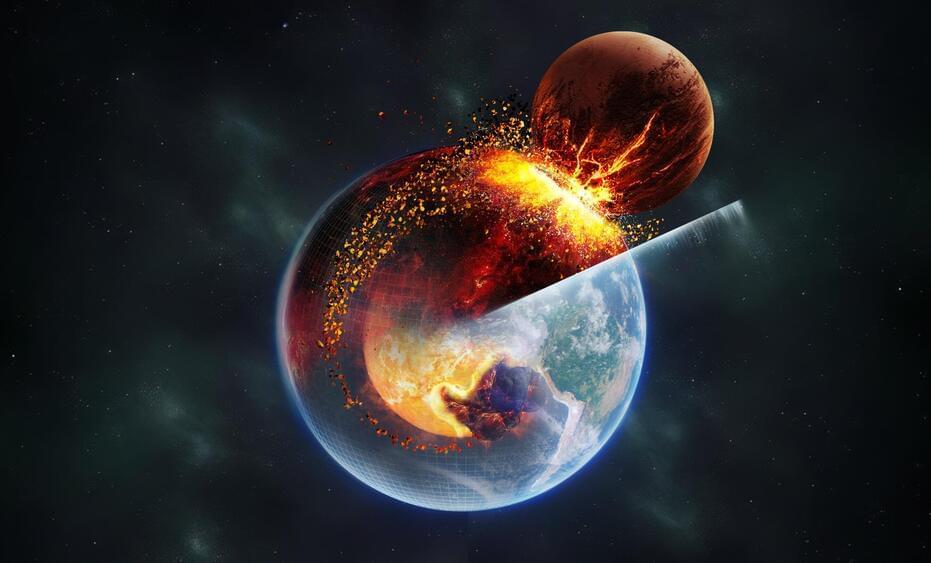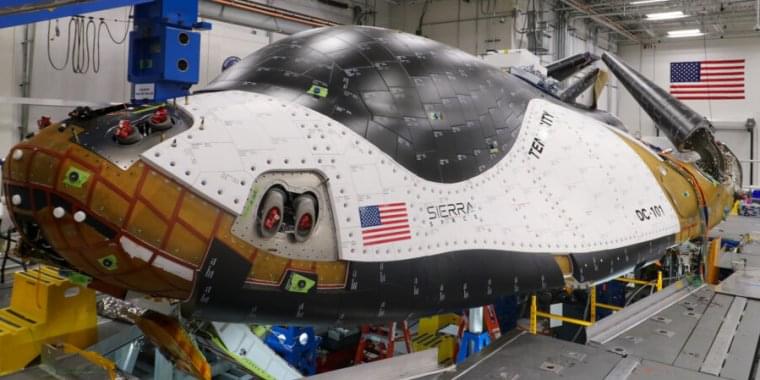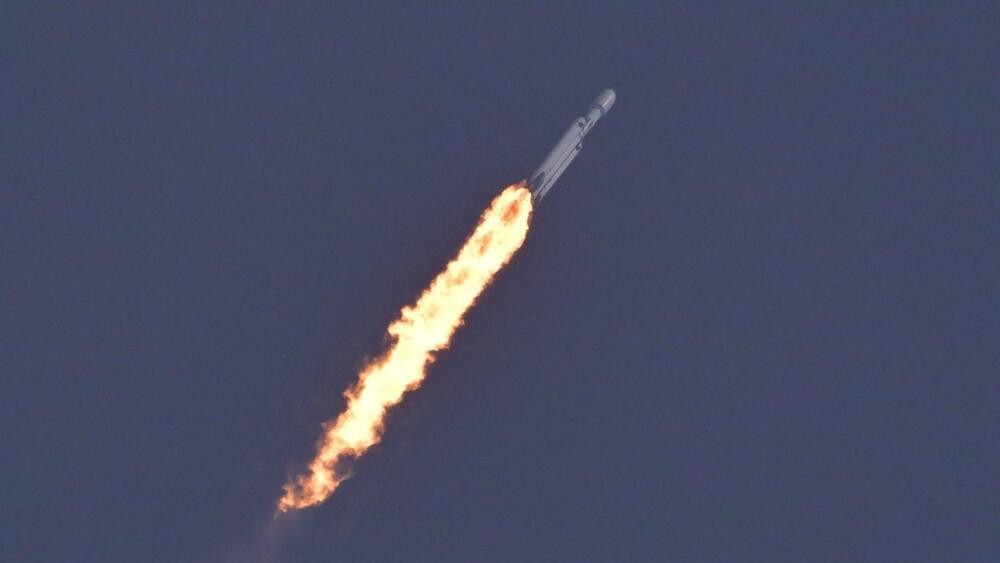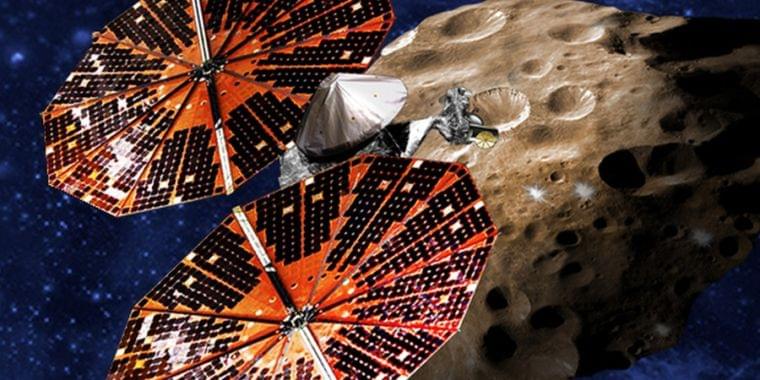
A little more than two years have passed since the Lucy mission launched on an Atlas V rocket, ultimately bound for asteroids that share an orbit with Jupiter. After a gravity assist from Earth in 2022, the spacecraft has been making a beeline for an intermediate target, and now it is nearly there.
On Wednesday, the $1 billion mission is due to make its first asteroid flyby, coming to within 265 miles (425 km) of the small main belt asteroid Dinkinesh. In a blog post, NASA says the encounter will take place at 12:54 pm ET (16:54 UTC).
About an hour before the encounter, the spacecraft will begin attempting to lock on to the small asteroid so that its instruments are oriented toward it. This will allow for the best possible position to take data from Dinkinesh as Lucy speeds by at 10,000 mph (4,470 meters per second).
